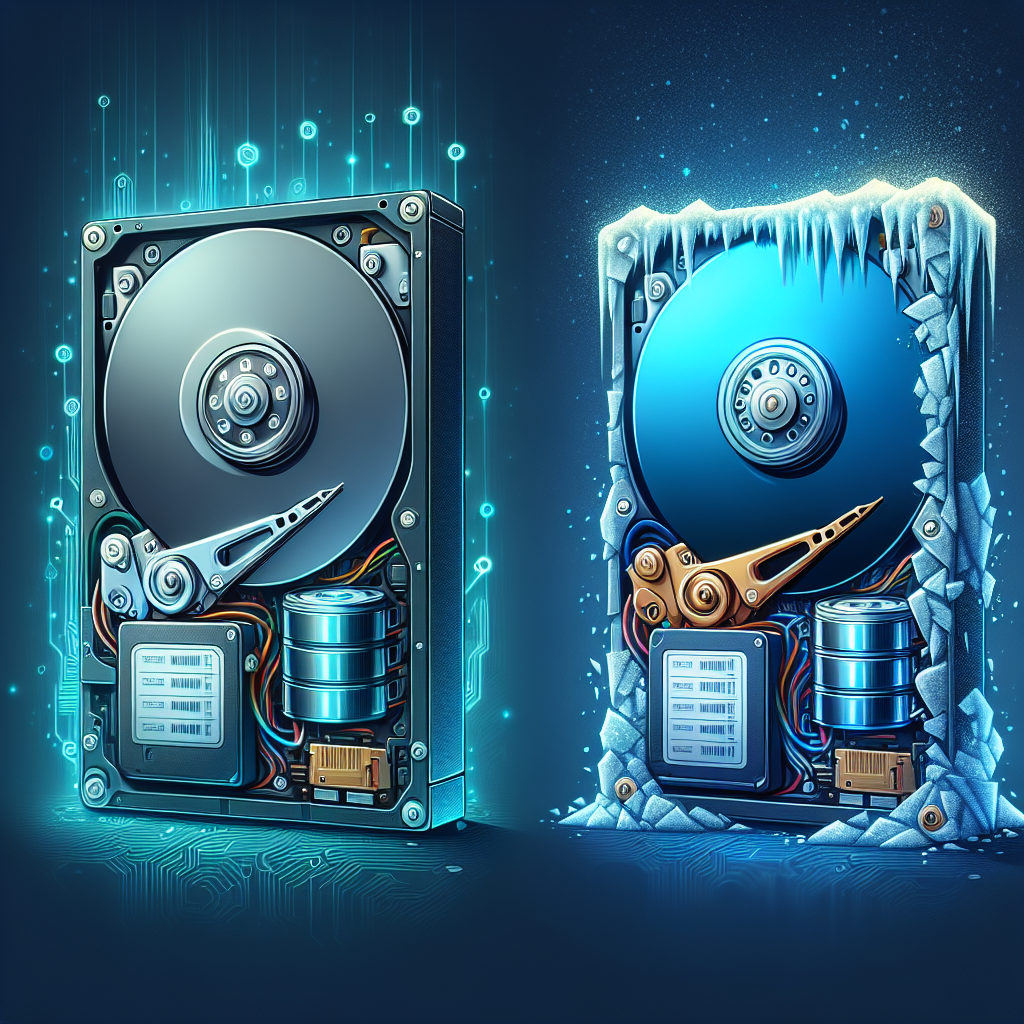Exploring the Advantages and Disadvantages of HDDs in the Digital Age
Hard disk drives (HDDs) have been a staple in the world of digital storage for decades. These spinning disks have been the go-to choice for storing large amounts of data on personal computers, servers, and other devices. However, with the rise of solid-state drives (SSDs) and cloud storage, many are questioning whether HDDs are still relevant in the digital age. In this article, we will explore the advantages and disadvantages of HDDs in today’s technology landscape.
Advantages of HDDs:
1. Cost-effective: One of the biggest advantages of HDDs is their cost-effectiveness. HDDs are generally cheaper per gigabyte compared to SSDs, making them a popular choice for budget-conscious consumers and businesses.
2. Large storage capacity: HDDs are available in larger storage capacities than SSDs, making them ideal for storing large files like videos, photos, and music libraries.
3. Durability: HDDs are more durable than SSDs when it comes to physical damage. Because they have fewer moving parts, HDDs are less prone to failure due to drops or bumps.
4. Compatibility: HDDs are compatible with a wide range of devices, including laptops, desktop computers, servers, and external storage devices.
Disadvantages of HDDs:
1. Slower speeds: HDDs are significantly slower than SSDs when it comes to read and write speeds. This can result in slower boot times, file transfers, and overall system performance.
2. Power consumption: HDDs consume more power than SSDs, which can lead to higher energy bills and reduced battery life in laptops and other portable devices.
3. Noise and heat: Because HDDs have moving parts, they can generate noise and heat during operation. This can be a concern for users who require a quiet or cool computing environment.
4. Limited lifespan: HDDs have a limited lifespan due to their mechanical nature. Over time, the spinning disks and moving parts can wear out, leading to data loss and hardware failure.
In conclusion, while HDDs still have their place in the digital age, they are facing stiff competition from SSDs and cloud storage solutions. The advantages of HDDs, such as cost-effectiveness and large storage capacity, make them a popular choice for many users. However, the disadvantages of HDDs, including slower speeds and limited lifespan, are pushing some consumers towards SSDs for faster and more reliable storage options. Ultimately, the choice between HDDs and SSDs will depend on individual needs and budget constraints.


